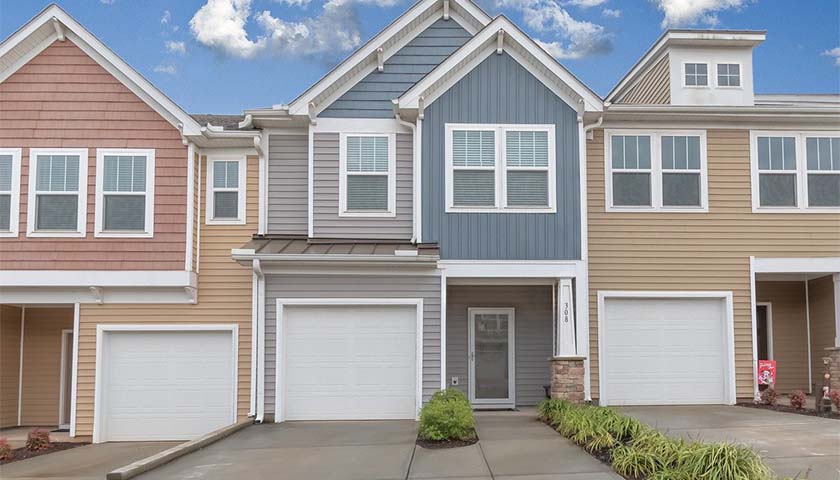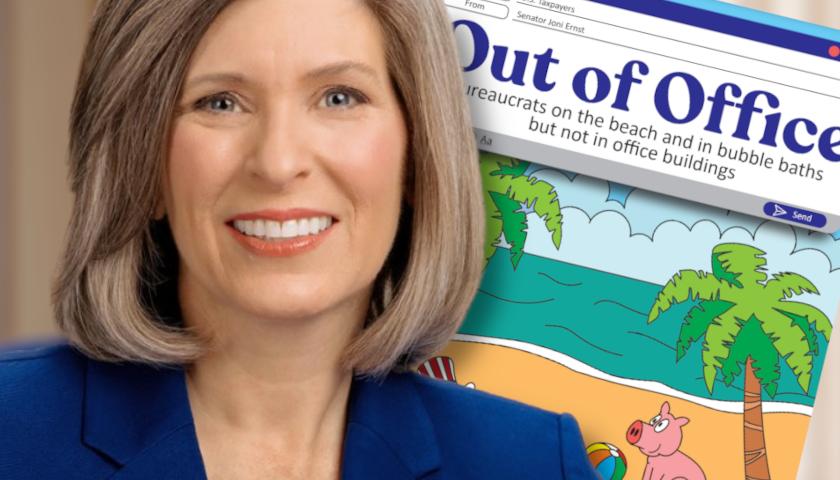by Jon Styf
A new Beacon Center report shows while Tennessee’s truth-in-taxation law creates transparency in the process of property tax assessments, it lacks the power to prevent large property tax increases.
Tennessee was the first state with a truth in taxation requirement, but it is now one of four states without a cap on property tax increases.
Truth in taxation in Tennessee requires local governments to inform residents of any property tax rate increases and local entities to consider means that do not increase property taxes alongside rate or levy increases.
Overall taxes in Tennessee have fallen by 1% a year since 2000 but property taxes have increased by an average of more than 5% each year over that timeframe, according to the Beacon Center.
“Economists and governments often prefer property taxes because they are a stable source of revenue for localities,” the Beacon Center report said. “Additionally, while many other forms of taxes pick winners and losers, property taxes tend to be economically neutral and come closer to a ‘user fee’ than most other taxes.”
Beacon Center pointed to Nashville as a place where the current law was used in an effort to confuse voters.
Nashville residents were hit with a 34% property increase in 2020, and property values increased in early 2021.
Nashville Mayor John Cooper then touted a corresponding property tax rate decrease. Because properties were worth more, they would have to pay a similar or higher total amount even though the tax rate would be lower.
Cooper touted it as a tax rate decrease, but his opponents called that misinformation and accused Cooper of attempting to cause confusion.
Beacon Center pointed out because of the truth-in-taxation law, higher appraisal values cannot automatically lead to higher property taxes. Each local entity would have to compare the two amounts and vote on the increase.
“While Nashville’s recent 34 percent tax hike is perhaps the most notable, large property tax hikes are a statewide phenomenon,” the report said. “Using 2019 as an example as the last year before the COVID-19 pandemic, the Beacon Center identified more than $208 million in proposed or adopted property tax increases across the state.”
The three options for property tax caps are property assessment caps, rate caps and levy caps.
“All three types of limits provide some protection for taxpayers, yet none independently provide complete protections for them,” the report said.
Only 13 states use one of the limits, and 25 states use two varieties of the limits. Eight states use all three limits.
“Tennessee policymakers should consider updating the Truth in Taxation law’s disclosure clause to require the local governments to send mailers to property owners, similar to Utah’s law, and implement a levy referendum trigger on the growth of property tax revenues,” Beacon Center concluded. “This would allow revenues from property taxes to grow by a certain percentage per year and allow more to be collected if voter approval is given, similar to Tennessee’s wheel taxes.”
A bill introduced in 2020 that would have capped property tax increases at 2% plus inflation failed after local governments came out against the proposal. Sen. Mike Bell, R-Riceville, sponsored the bill in the Senate, and Beacon Center supported the measure.
Sen. John Stevens, R-Huntingdon, said he would support Bell’s measure but the concern with property taxes in his district is not a large increase such as the one in Davidson County, it is the process by which tax rates are determined and then reported.
Stevens said homes are reassessed on a regular basis and then local governments, such as counties, find a certified tax rate that essentially gives the government the same amount of taxes it received the year before regardless of assessments.
Local governments then can tout a lower tax rate despite taxing residents at a higher level, Stevens said. He believes there should be a nonpartisan source of information to allow residents to know their taxes and tax rates from year to year.
“It’s a very complex assessment system that’s really hard to explain to people,” Stevens said.
– – –
Jon Styf is an award-winning editor and reporter who has worked in Illinois, Texas, Wisconsin, Florida and Michigan in local newsrooms over the past 20 years, working for The Center Square, Shaw Media, Hearst and several other companies.
Photo “Houses” by Ernest_Roy. Attribution. Background Photo “Title” by Author. CC BY-Attribution.0.






I have brought this topic up with my state rep and senator for years as my property tax increased over 50% in 6 years. But all I hear in return is crickets.
I have to believe that it is going to take a very loud uprising to get their attention.
That’s to make up for the lack of a personal income tax. That’s why we have outrageously high property- and sales-taxes. Wudoya expect? Duh!
Please Tennessee Star readers contact you state reps and state senators and ask them to cap property tax increases! Look at metro Nashville as a bad model of significant increases in property tax rates and no accountability! Please Tennessee legislators pass controls on property tax increases and more financial oversight over local governments!! At least make them put property tax increases in the ballot for taxpayer approval!!